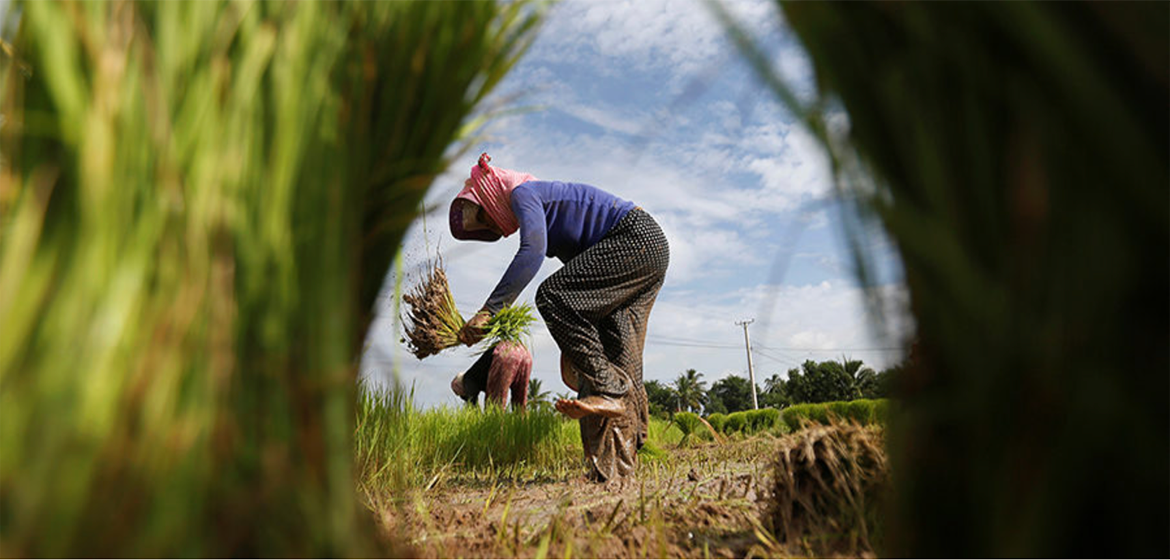BANGKOK — Companies acquired concessions amounting to the size of a small European country, while rural residents of Southeast Asia’s Mekong region saw their landholdings shrink or disappear over the past two decades, according to researchers.
More than 5.1 million hectares of land — an area larger than Slovakia — were granted for mining and agricultural concessions in Myanmar, Laos, Cambodia, Vietnam and Thailand, according to a report by the non-profit Mekong Region Land Governance (MRLG).
At the same time, forest areas have declined, said the report, released on Monday by MRLG, which is based in Laos’ capital, Vientiane, and promotes better land use policies.
“While agricultural output and exports are growing in the Mekong as a result of the concessions, the benefits have not reached smallholders and indigenous people,” said Micah Ingalls at the Center for Development and Environment in Vientiane.
“They are being undermined by policies that fail to ensure their rights or enable them to benefit,” said Ingalls, an author of the report.
Across the five countries that host the Mekong River watershed, governments have lured large-scale investments in land thought to be under-utilized to generate jobs and incomes.
The concessions have changed traditional cropping, with 80 percent of all agricultural land now given over to six export-focused crops: rice, cassava, maize, sugarcane, rubber and oil palm.
Meanwhile, the average landholding per rural household has declined over the last 10 years, while some have been pushed from their land entirely, according to the report.
Revenues generated by the concessions have been less than anticipated, and the social and environmental costs have largely been borne by the rural poor, Ingalls said.
While governments have formulated policies for land titles and land-use certificates, “there is a gap between policy and practice,” he said.
Ingalls explained that such policies often fail to provide ownership rights to people who have been using land, and they ignore groups who have traditionally lived in areas granted as concessions.
“Indigenous people, forest dwellers and other ethnic minorities have very little protection,” he told the Thomson Reuters Foundation.
Land concessions in Cambodia have displaced more than 770,000 people since 2000, human rights lawyers say.
Following protests and pressure from rights groups, Cambodia and Laos both announced moratoriums on new land concessions in 2012.
Other governments have improved environmental and social impact assessments, but rural communities are largely excluded from the processes, said Jean-Christophe Diepart, a co-author of the report.
“The Mekong is in the midst of substantial, far-reaching transformations with regard to land. Robust, inclusive and accountable decision-making are urgently needed,” he said.
Source:
Related to SDG 15: Life on land and SDG 10: Reduced inequalities



